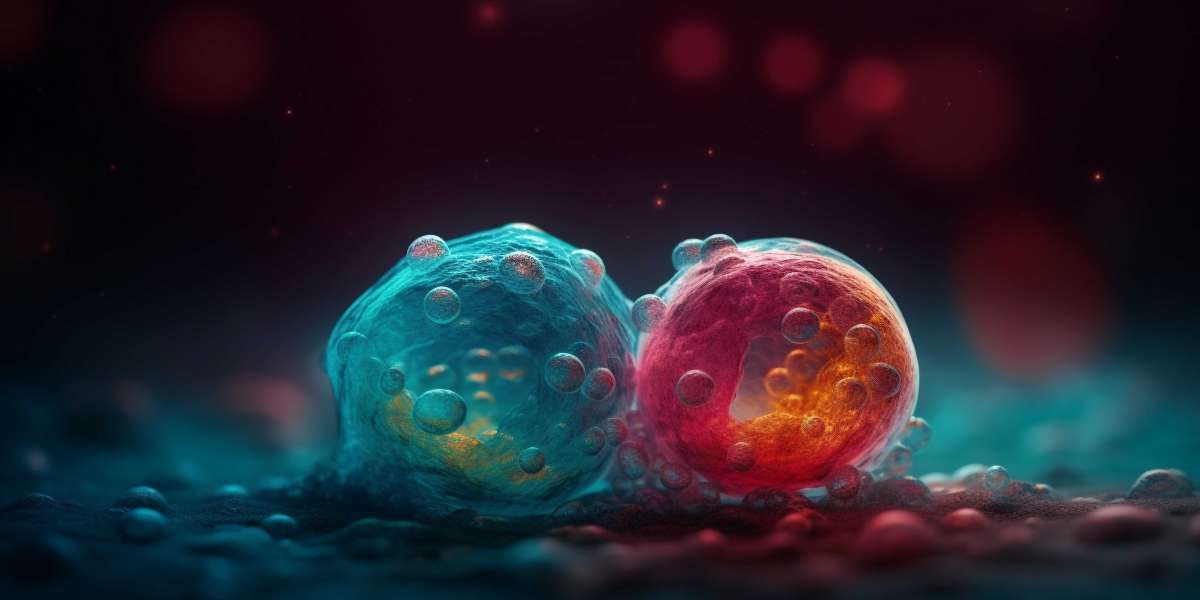Thyroid disorders affect millions of people worldwide, leading to a variety of symptoms that can significantly impact quality of life. Fortunately, there are several thyroid therapy options available to help manage these conditions. This article aims to provide a comprehensive overview of the different types of thyroid hormone replacement therapy, helping you make informed decisions about your health.

What Are Thyroid Hormone Replacement Therapies?
Thyroid hormone replacement therapies are treatments designed to restore normal hormone levels in individuals with hypothyroidism or other thyroid-related issues. These therapies can alleviate symptoms such as fatigue, weight gain, and depression. But what are the main types of thyroid therapy options available?
- Synthetic Thyroid Hormones
- Natural Desiccated Thyroid (NDT)
- Combination Therapy
Synthetic Thyroid Hormones
Synthetic thyroid hormones, such as levothyroxine (Synthroid, Levoxyl), are the most commonly prescribed medications for hypothyroidism. These medications contain a synthetic form of thyroxine (T4), which is the primary hormone produced by the thyroid gland. Patients often find that synthetic options provide consistent results and are easy to dose.
However, some individuals may experience side effects or find that their symptoms persist despite treatment. In such cases, it is essential to consult with a healthcare provider to explore other thyroid therapy options.
Natural Desiccated Thyroid (NDT)
Natural desiccated thyroid is derived from the thyroid glands of pigs and contains both T4 and triiodothyronine (T3). Many patients prefer NDT due to its natural origin and the belief that it may provide a more balanced hormone profile. However, it is crucial to note that NDT may not be suitable for everyone, and its use should be closely monitored by a healthcare professional.
Some patients report improved energy levels and mood when using NDT, while others may experience fluctuations in hormone levels. Therefore, understanding the potential benefits and risks of this thyroid therapy option is vital.
Combination Therapy
Combination therapy involves using both synthetic T4 and T3 medications. This approach aims to provide a more comprehensive treatment for those who do not respond adequately to T4 alone. Patients may find that combination therapy helps alleviate symptoms more effectively, but it requires careful monitoring to avoid potential side effects.
When considering thyroid therapy options, it is essential to discuss your symptoms and treatment goals with your healthcare provider. They can help you determine the most appropriate therapy based on your individual needs.
Conclusion
In summary, understanding the various thyroid therapy options is crucial for anyone dealing with thyroid disorders. Whether you opt for synthetic hormones, natural desiccated thyroid, or combination therapy, working closely with a healthcare professional will ensure that you receive the best possible care. Remember, the right treatment can significantly improve your quality of life and help you regain control over your health.






